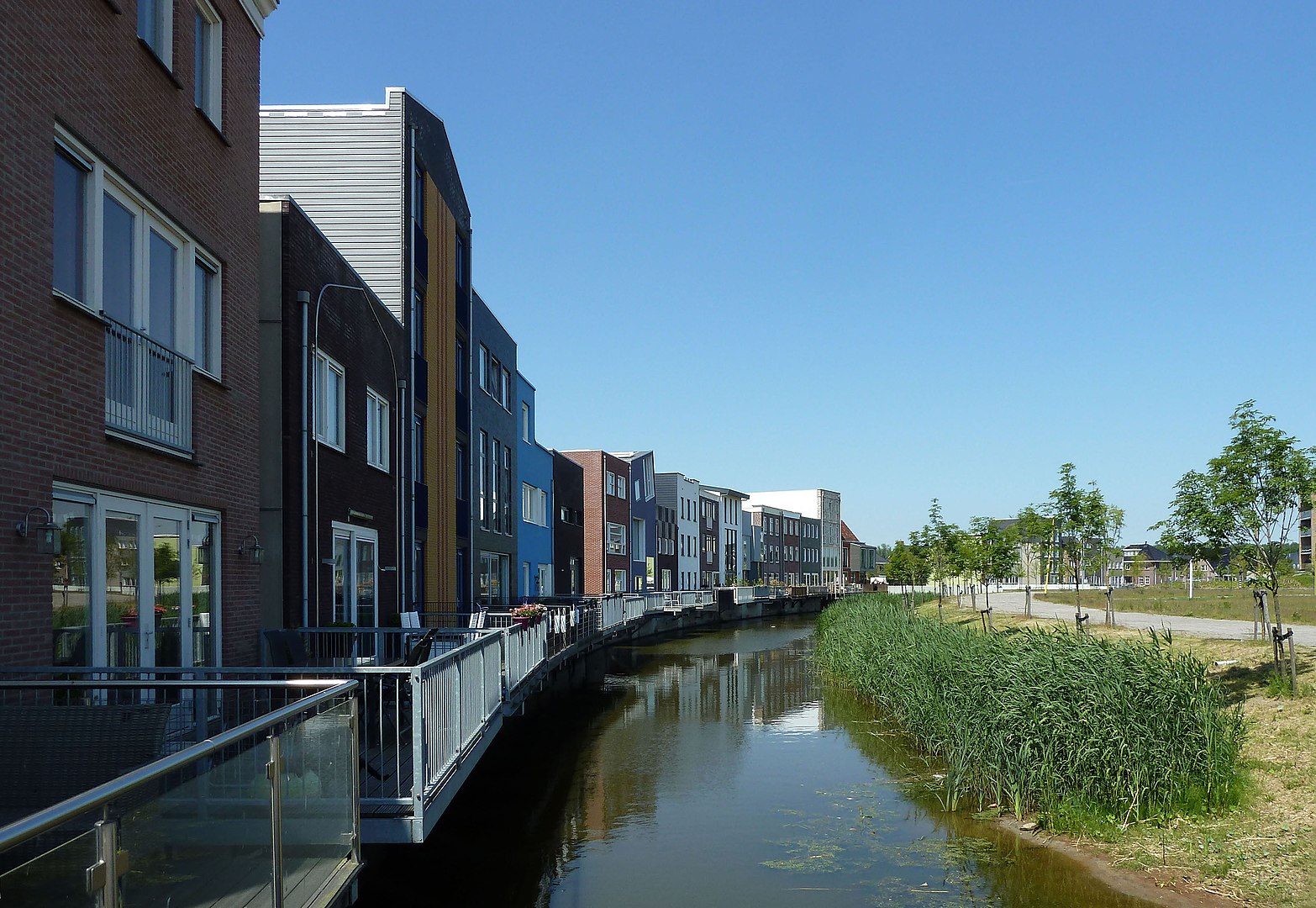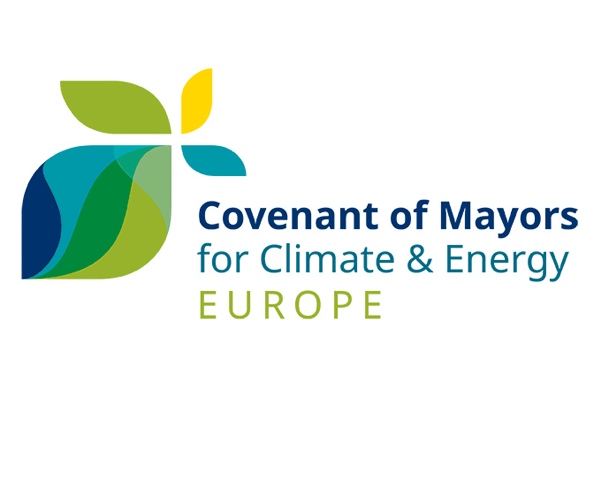Identifying households with arrears on their energy bills
With the start of the project ‘Vroeg Eropaf’, which means ‘Get on It Early’, energy suppliers have to notify a debt counsellor of every household that is more than two months overdue in paying energy bills. The project commenced in February 2017 and is managed by the debt care organisation PLANgroep, financed by the City of Almere. The system has been extended to debts contracted with Almere housing corporations, as well as the following organisations:
- NUON (one of many energy companies, but the only provider of heating in some areas of the city);
- Menzis (one of many healthcare insurance companies);
- Vitens (the public and only water provider in the municipality)
If a household is found to be in arrears with a housing corporation and two other organisations for two months or more, it receives a visit from a debt counsellor of PLANgroep and a social worker without prior notice. The counsellor and social worker assess the situation of the household and the kind of support they need to start paying their fixed charges again. They also advise on how to address debt in the long run. The goal is to prevent rising debts and to restore regular payment terms.
Between February and November 2017, some 440 households were registered with the project by the housing corporations. Of these, 290 households have been reached. The costs of one visit including drawing up a plan of action to ensure these people can take back control of their finances, amount to approximately €625 per household. All other support is part of the regular services.
Energy saving counselling and solar energy by ‘Energy Ambassadors’
In the Netherlands, the state owns a lot of rental properties, many of which are used for social housing. The monthly rent for Social housing is set at a minimum of €711 and is only allocated to people who do not have an annual income exceeding €30,000.
In 2016, two of the social housing corporations in Almere, ‘de Alliantie’ and ‘Ymere’, established a project to lower energy bills in social housing units. The corporations work with energy coaches who are from a network of energy ambassadors that started working with residents in February 2016 and is facilitated by the municipality.
Energy coaches visit residents and inform them about energy saving behaviours or devices, ranging from spending less time in the shower or not using heating in the bedroom, to switching to LED lighting, or using thermostatic radiator valves. In addition, the corporations install solar panels on the roofs. Each house has four to six solar panels installed on its roof, and they can supply two households with energy. The housing corporation pre-finances the solar panels. The corporation also installs energy meters to their appliances and helps them install an app on their phone to turn off or on their lights from a distance. This app also indicates the energy generated by the solar panels.
The project makes the residents are more aware of their energy consumption and their energy bill is lowered considerably. The project also contributes to CO2 emission reduction.
Energy ambassadors are volunteers who can receive a maximum amount of €1,000 a year for travel expenses from the municipality. In 2018 approximately €10,000 has been spent on 41 ambassadors.



